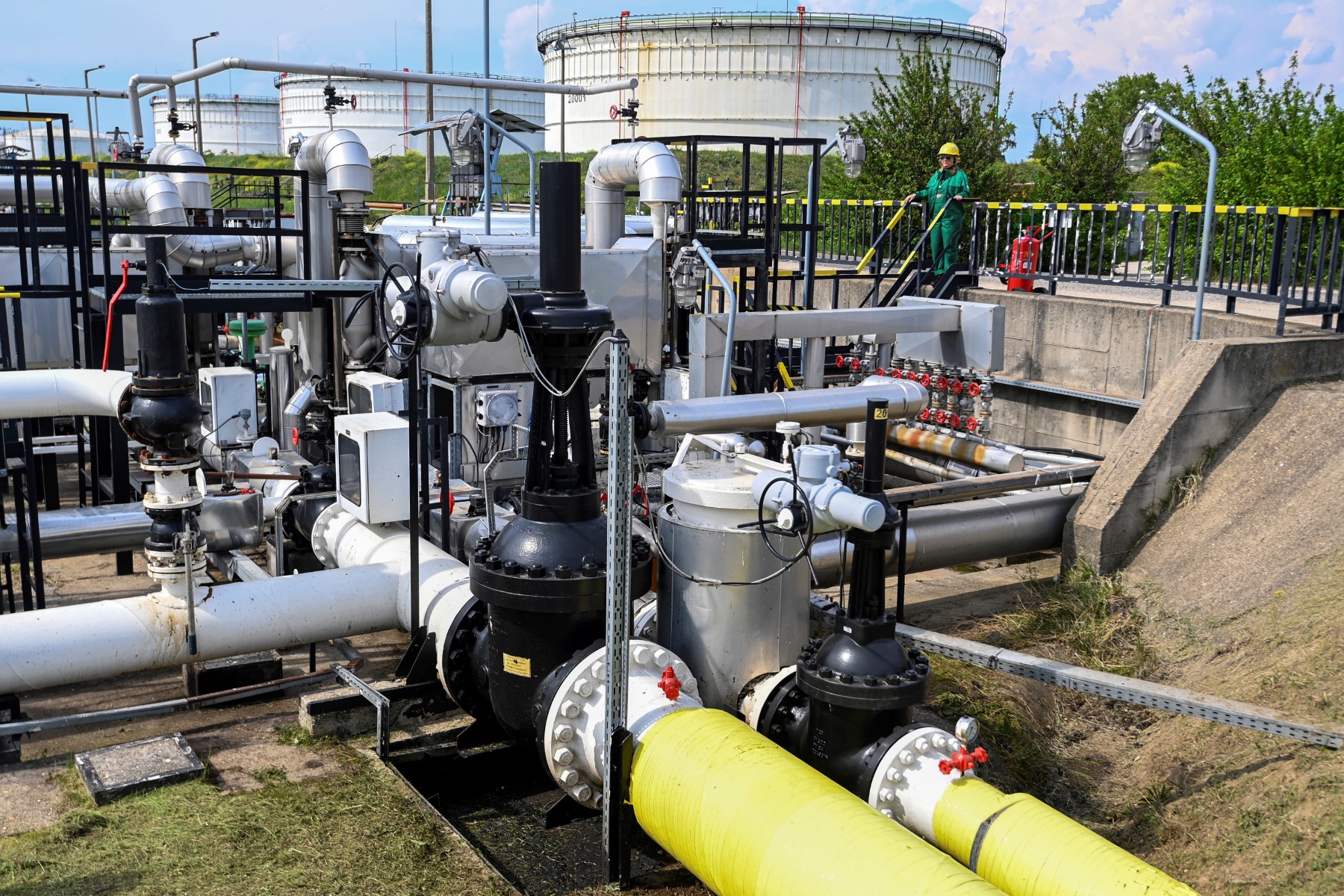DUBAI, UAE – Fifty oil and gas companies representing 40 percent of global production pledged to decarbonize their operations by 2050 at the UN’s COP28 climate talks in Dubai on Saturday.
Saudi giant Aramco and ADNOC of the UAE were among 29 national companies to sign a non-binding agreement that also envisaged zero methane emissions and eliminating routine flaring this decade.
Aramco, the world’s biggest oil company, and ADNOC, whose CEO Sultan Al Jaber is president of CO28, had already announced similar CO2-reduction targets — which do not include emissions when their fuels are used by customers.
“Whilst many national oil companies have adopted net-zero 2050 targets for the first time, I know that they and others, can and need to do more,” Jaber said.
Unlike the Western oil majors, which are intensely scrutinized by the public, few large national oil companies had announced such targets.
PetroChina and Brazil’s Petrobras also signed up to the new accord, named the Oil and Gas Decarbonization Charter.
The National Oil Company of Libya, Malaysia’s Petronas and Sonangol of Angola were also among the signatories, along with France’s TotalEnergies, US firm ExxonMobil, and Britain’s BP and Shell.
The charter is part of a set of initiatives designed to accelerate the decarbonization of the global energy industry, prepared in the year leading up to COP28.
They are voluntary commitments unlike the decisions of COP28, which are taken by consensus between nearly 200 countries under the aegis of the United Nations.
Melanie Robinson, of the World Resources Institute, a non-profit research body, said the agreement showed that non-binding pledges from the industry were not sufficient to address climate change.
“This charter is proof that voluntary commitments from the oil and gas industry will never foster the level of ambition necessary to tackle the climate crisis,” she said.
“We can’t meet our climate goals unless governments set policies that rapidly and equitably transition our economy away from fossil fuels.”








